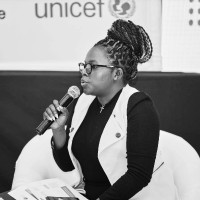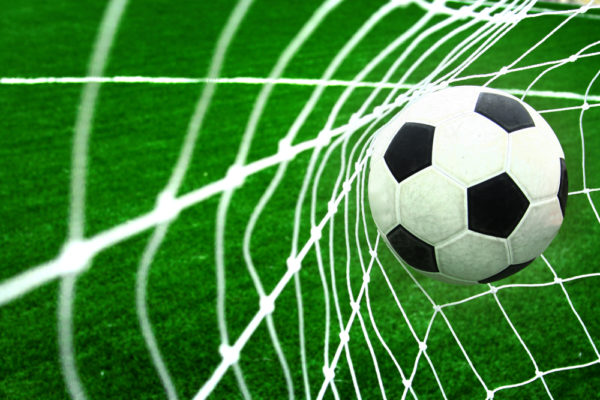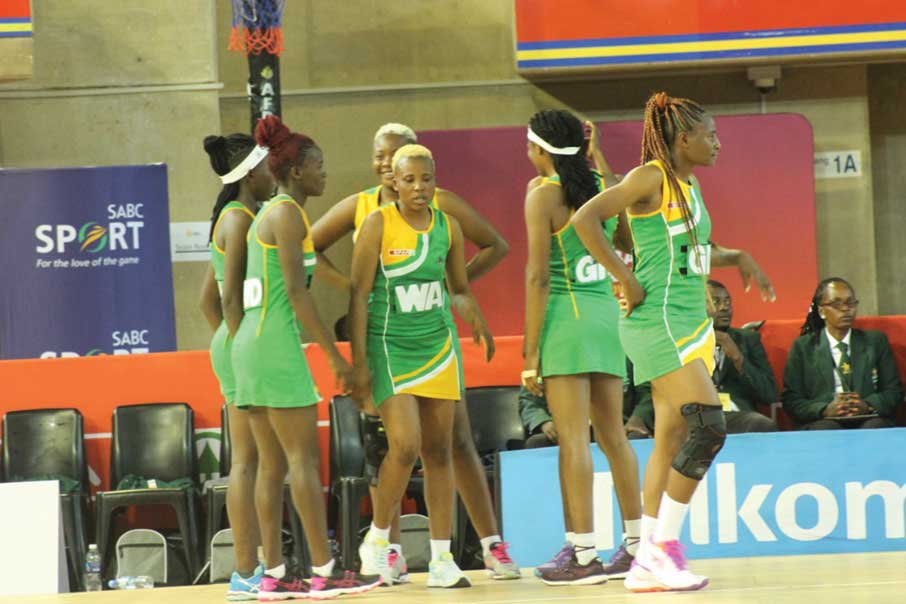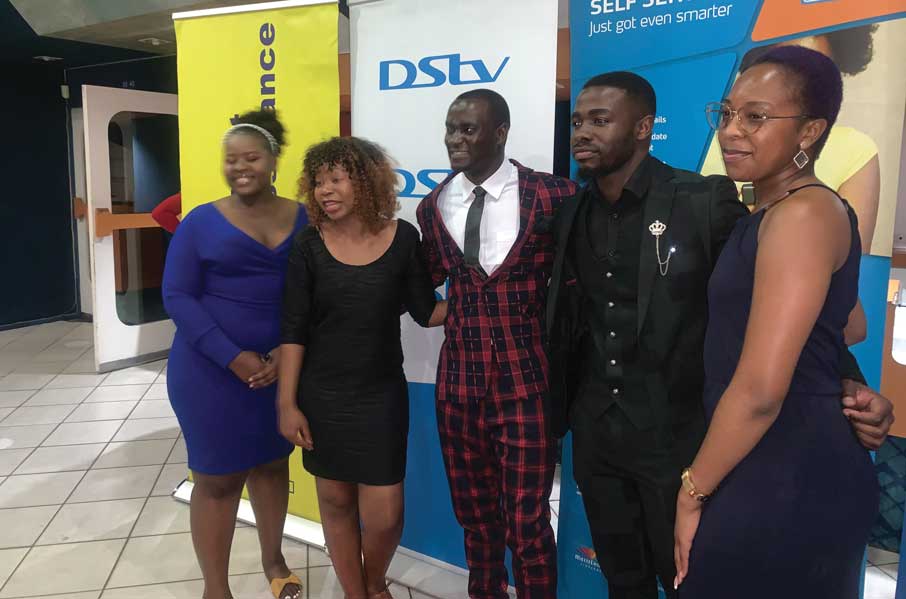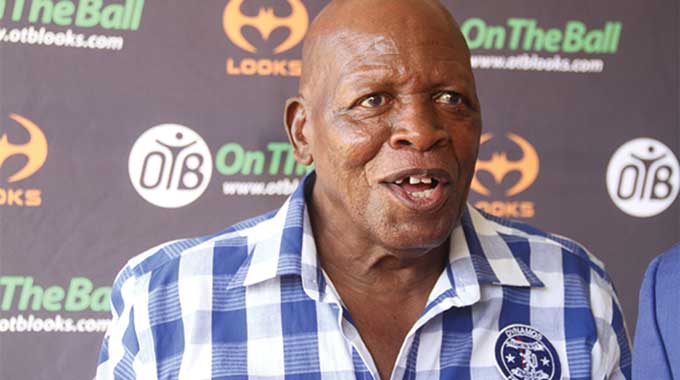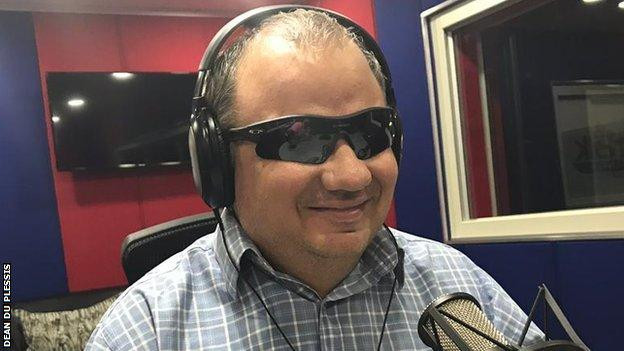
THERE is a remarkable lady living in our midst who despite being blind from birth leads an astonishing life.
In childhood, she played with her brothers, climbing trees and running around. She went to a normal school and participated in sport, including karate and horse-riding; she travelled overseas on her own to study at university.
And now she lives a full and active working life, talented in music, speaking and counselling, where her blindness perhaps helps her to ‘see’ and sense what sighted people cannot see.
Then we know of Dean Du Plessis, also blind from birth, an internationally-rated cricket commentator, despite not being able to see the events on the field of play.
We have referred previously to a teenager who led a full life, playing in his school band, and who was asked how he managed with his disability.
He responded immediately to say that he was not disadvantaged, that he had no disability; he argued that in fact sighted people have a disadvantage as they can only see on the surface but he can see what the person is really like.
It would not be unreasonable to say that no-one would choose to be blind, unless perhaps you are Lord Nelson who claimed, by putting his telescope to his blind eye, at the sea battle of Copenhagen that "I have a right to be blind sometimes. I really do not see the signal", but the reality is that blind people can often see things differently and more clearly.
Sport and blindness are not alien partners, as some might think.
- School of sport: Talking a good game
- School of sport: Talking a good game
- School of Sport:THE BLIND SIDE OF PRIDE
Keep Reading
There are many sports in which blind people can participate at social, club and national level. Cricket is certainly one; swimming is popular too but just about any sport nowadays will somehow find a way for blind people to play.
Interestingly, in some sports, positions are defined with the word ‘blind’.
In American football, the person protecting the key quarterback player is seen as the blind side defender (made more famous in the film ‘The Blind Side’).
His job is to ward off any dangers in that area outside of his vision, those coming from the side, from behind; the quarterback has a blind spot which must be protected, so the ‘blind side’ is also a crucial position.
So, too, in rugby, we have the blind side flanker who has a key role in protecting the narrow side of the attack, which, being the least likely place to attack, soon becomes the most likely place to attack.
Such a player needs strong breakdown skills and offers intelligent support play, being the link between the forwards and the backs, aware of what the opposition is trying to do, always facing confrontation, responsible to get the ball back.
Michael Jones, the great All Black flanker, is widely recognised as one of the greatest blind side flankers, as he was a shrewd thinker as well as a fierce tackler with a cool head.
The reason we note all of the above is that in sport, including in school sport, players do have blind spots. Indeed, it is not just the players but also, and often even more so, the coaches and parents.
They all can get so caught up in the heat of the competition that they do not see hidden dangers lurking – their heads are down, the adrenaline is flowing; the efforts are intense in the ongoing desperate attempt to achieve the goal.
Let us be clear: the biggest blind spot is pride.
Coaches, players, parents, schools even, boast about their results, promoting unbeaten records, claiming ascendancy. Players boast in their celebration of goals, tries or wickets in exaggerated and unnecessary histrionics, often to get beaten, clobbered or dismissed in the next few moments or matches.
They are too close to the action to see what is happening or to gain perspective.
Such understanding is even more necessary as we know pride comes before a fall. That is why we need to ask: who is the blind side player in our school team to keep us from falling?
Who is the one who with a clear head is the first to the breakdown of what is happening?
Who is the one who will provide intelligent (not emotional) support in the heat of the battle, who will assess what is really happening and prevent danger?
Who will tackle the issues fiercely but calmly head on, with coaches and players?
Who is the blind side for the coach, protecting him from becoming inappropriately proud?
Pride blinds us to truth; we must not let it.
After all, as Neil Gaiman says in ‘American Gods’, “There's none so blind as those who will not listen.” We must be blind if we do not understand that.

